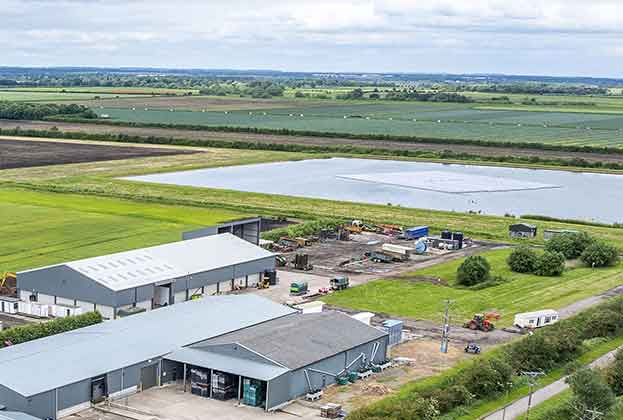There has been a great deal of uncertainty in the agricultural sector throughout Brexit negotiations so far. With no commitment to long-term UK agriculture support, farmers and land owners are preparing for a potential reduction, with many planning for a worst case scenario.
There has been an increase in clients looking to control outgoings and strengthening their overall business financial position. But how do farming businesses robustly 'Brexit-proof' themselves when such a large proportion of their income is under threat? On average, around 60 per cent of a farm's income is in the form of subsidies. While we are unable to predict the future of beef, lamb and cereal prices, farms can look to alternative incomes to stabilise their bottom line.
In the last two years the Government has announced a reduction in financial incentives for a range of renewable energy technologies that have the ability to provide significant added value to farm business incomes. The energy sector has demonstrated an ability to adapt to market changes and, despite this reduction in Government support, continues to offer attractive opportunities to landowners.
Third-party financed projects that concentrate on large-scale solar PV and battery storage schemes offer the opportunity to derive an income from low-value agricultural land without requiring financial commitment from the land owner. The rental income from the developer reduces the farming business’s reliance on agricultural income which softens the impacts of variable prices in the agricultural market. Income derived from solar and battery projects can be at a significant premium to that derived from cereal production, providing a long-term guaranteed income stream.
Rooftop solar PV is an alternative self-investment opportunity that still provides attractive financial returns for high energy users if the energy is optimised on the farm. Energy markets are going to continue to fluctuate and Brexit will impact on these markets so generating on-site electricity will not only reduce running costs, but also help to further reduce the impact of Brexit on the business.
Landowners often believe that because their land was assessed for renewable opportunities some years previously, with none being found, that the door has been closed. But this is not always the case. With ever-changing technologies, grid capacity fluctuations and changes within planning legislation, now could be a wise time to revisit renewables and discuss potential new projects with an advisor.
Further information
Contact Savills Energy & Infrastructure
.jpg)
.jpg)







.jpg)
.jpg)